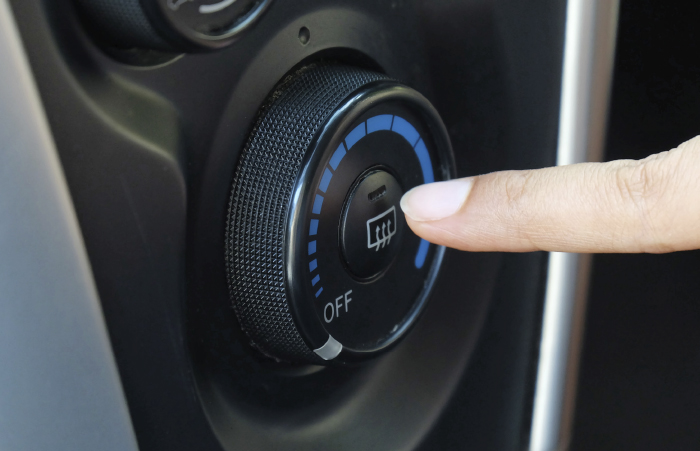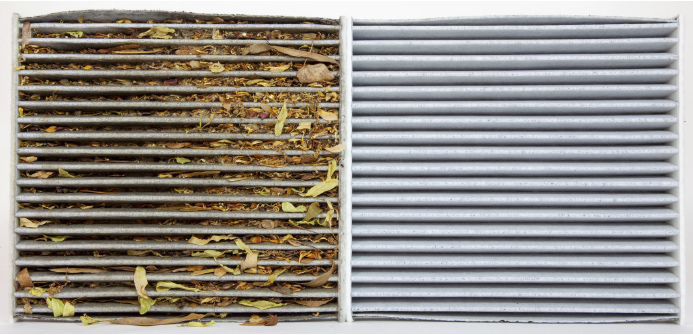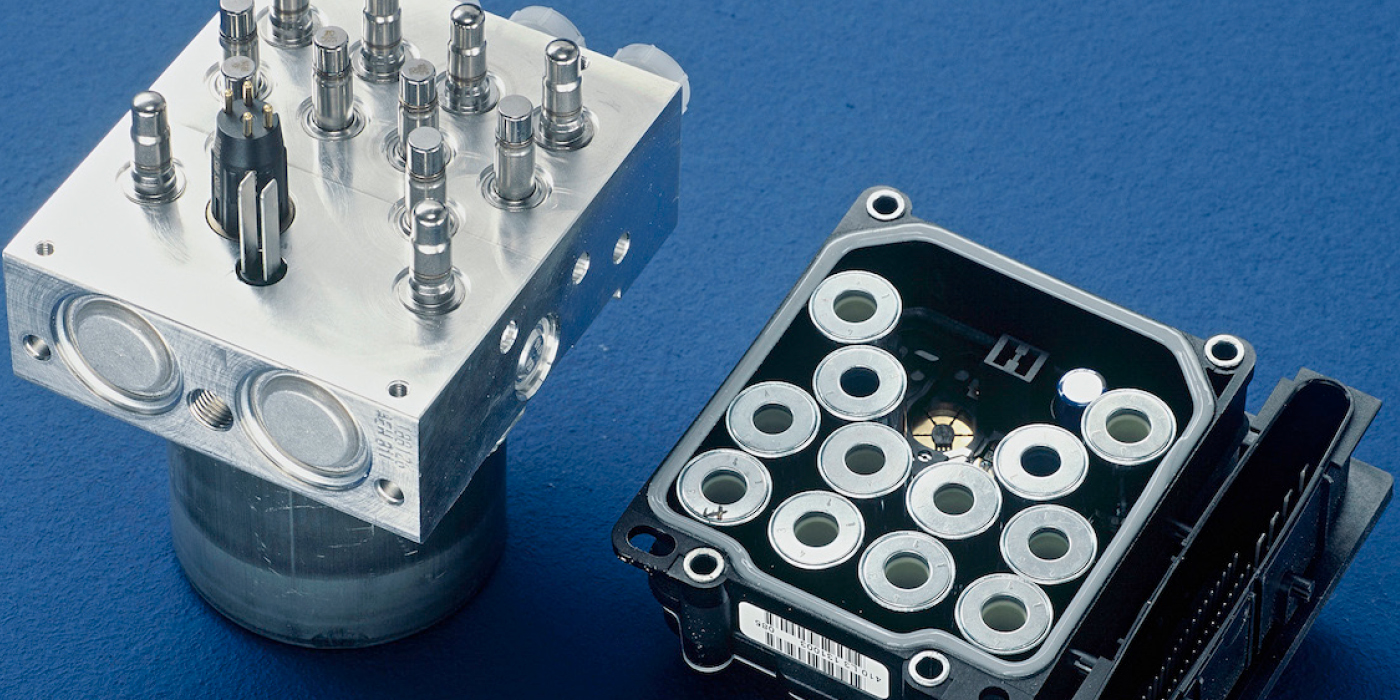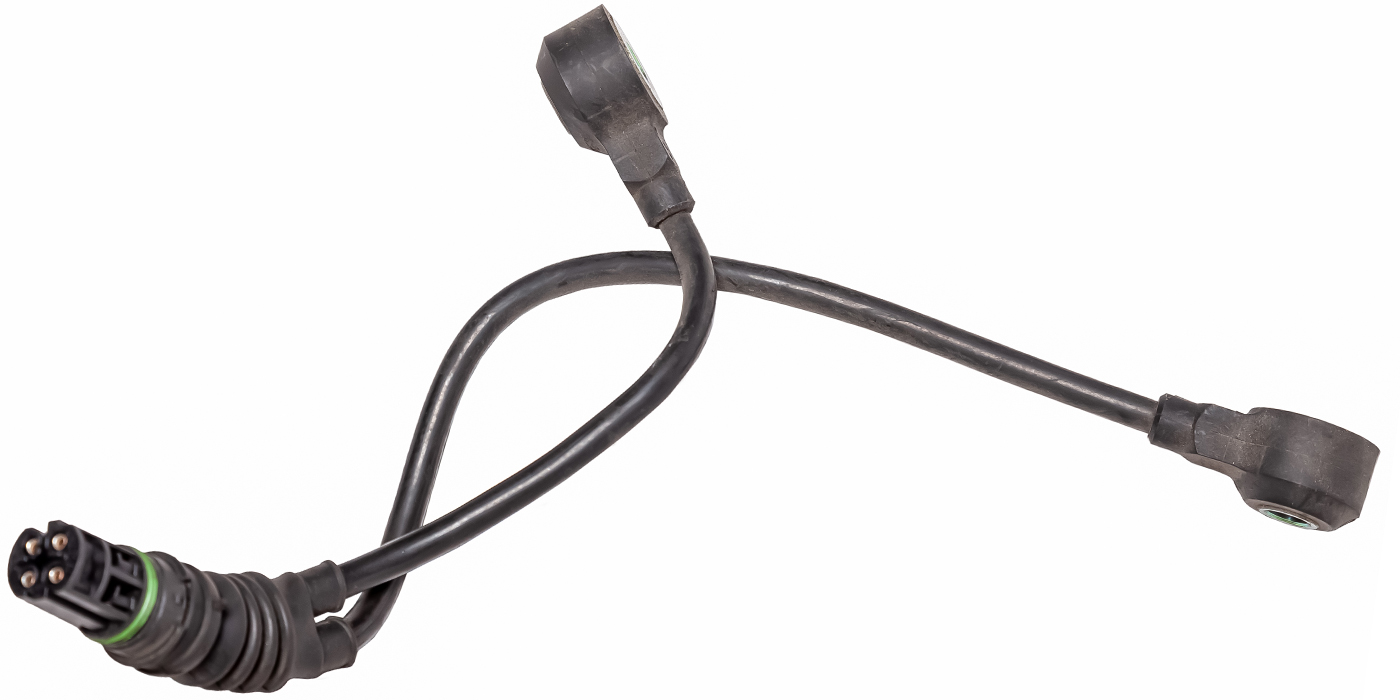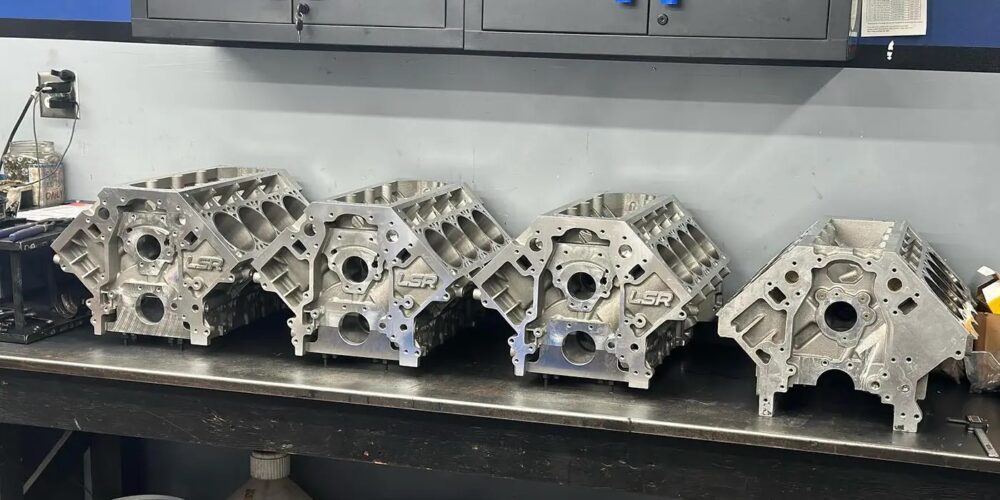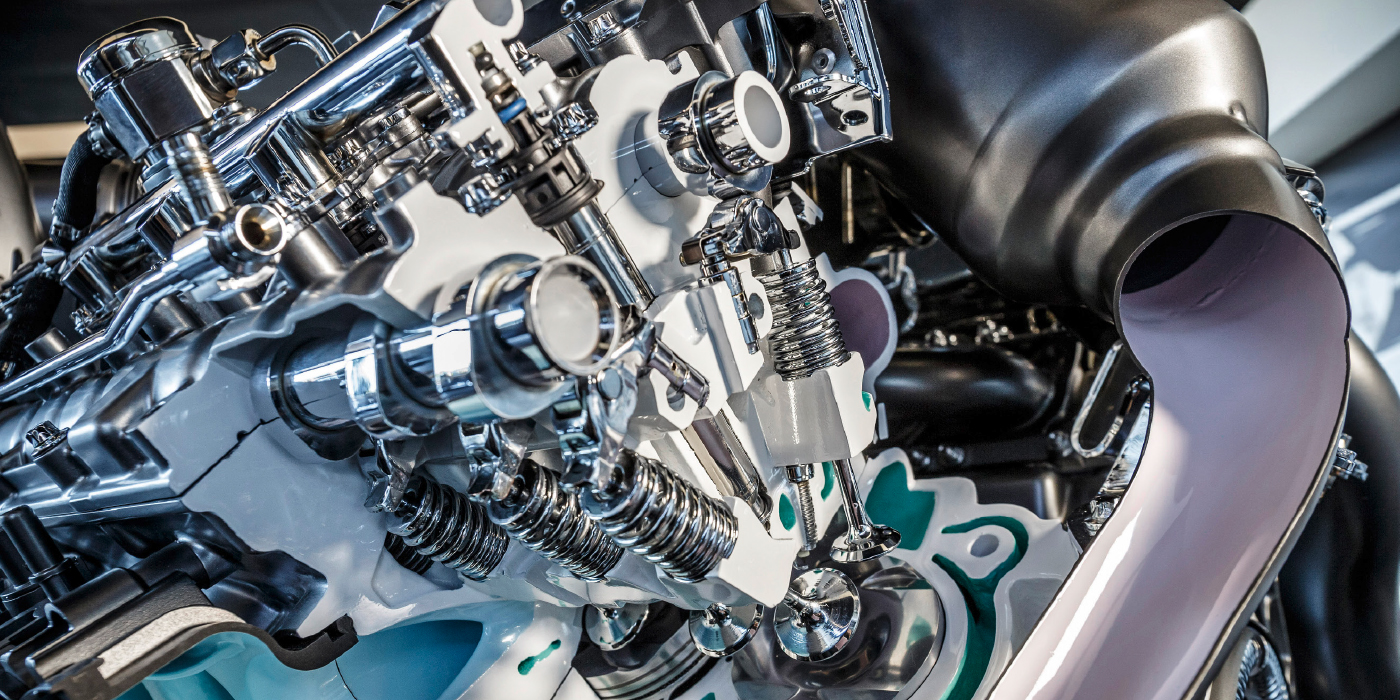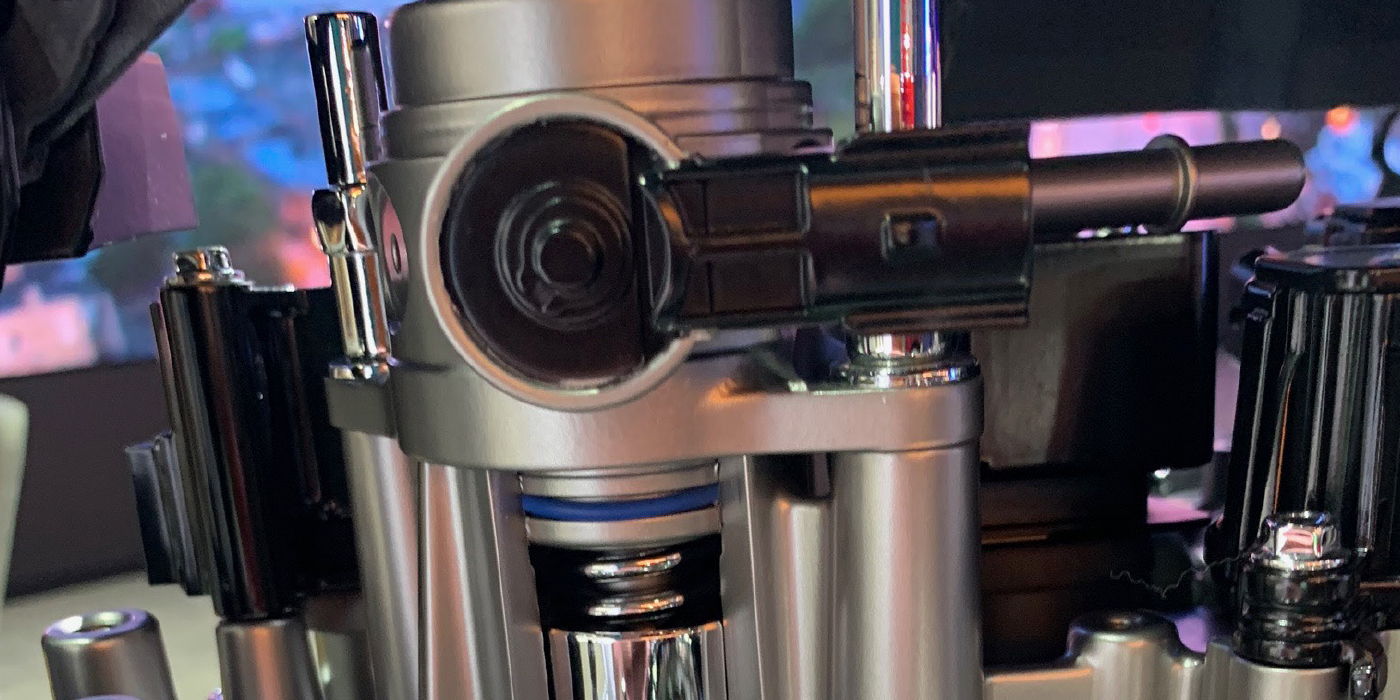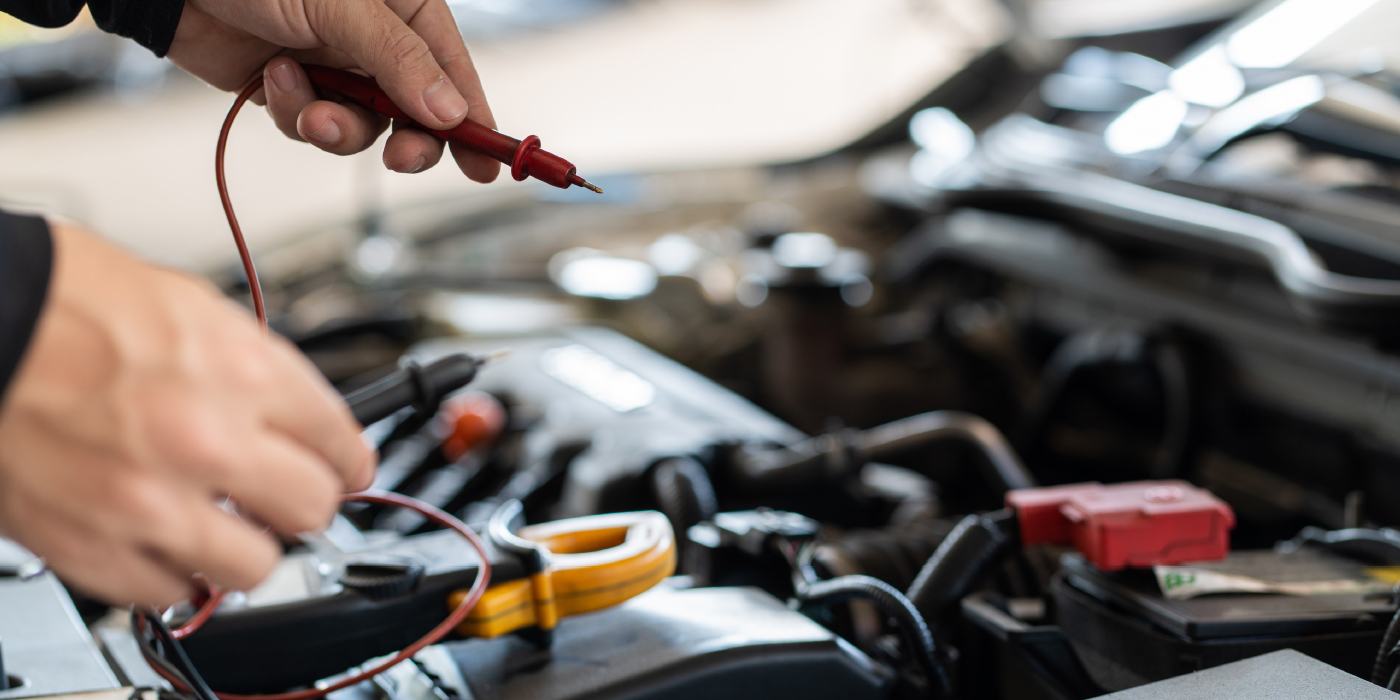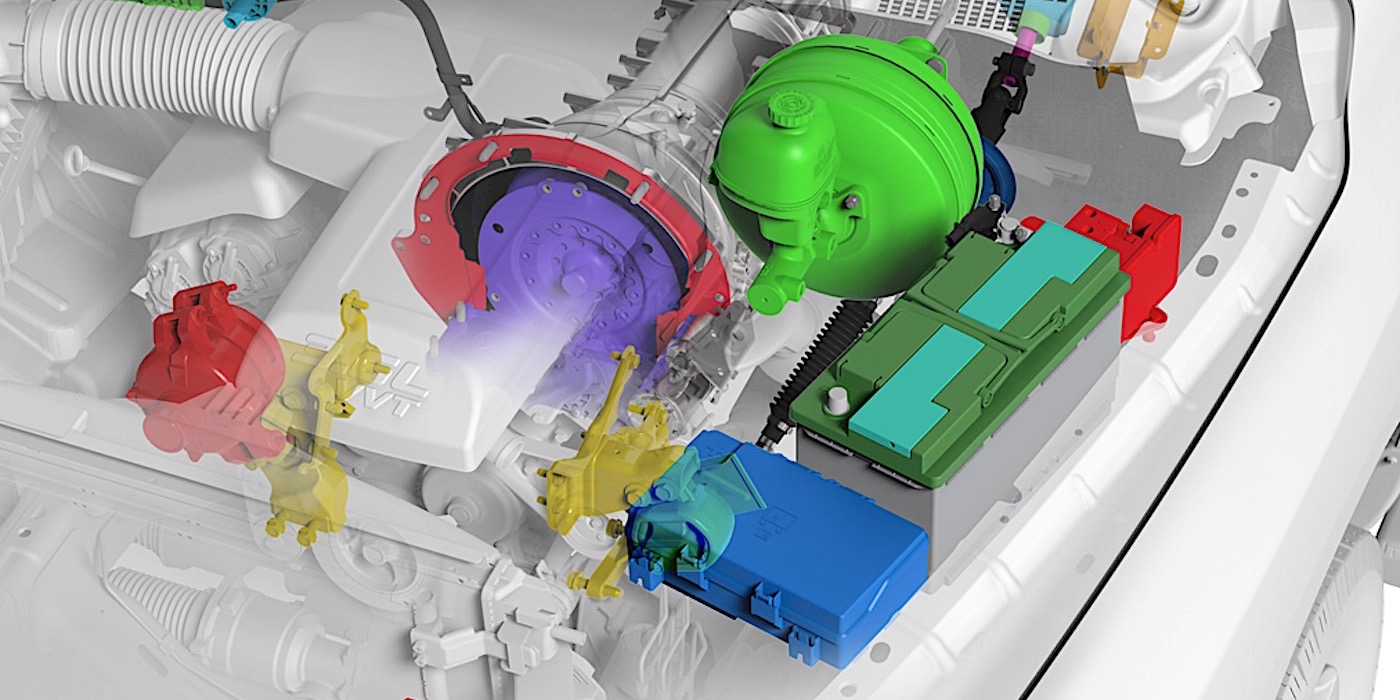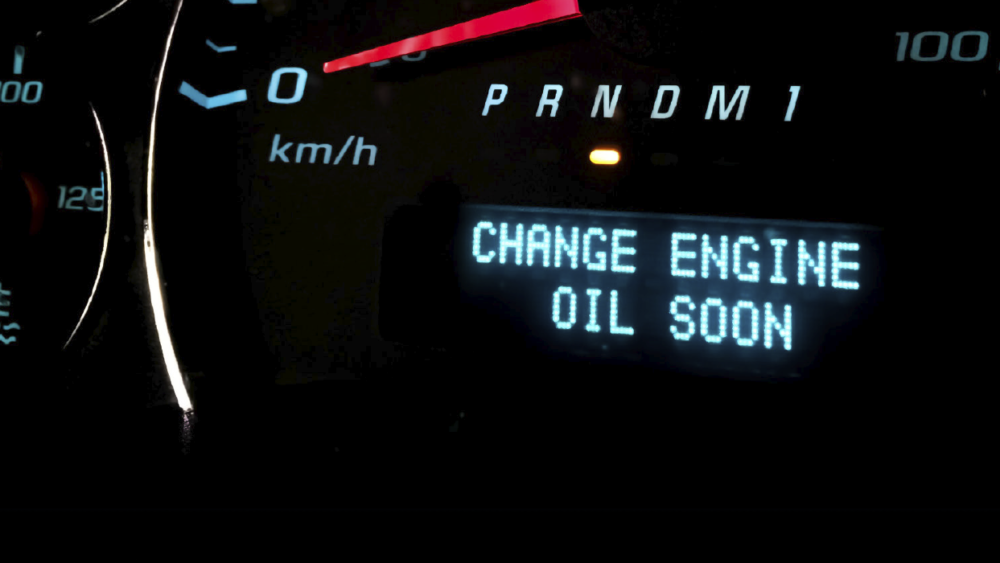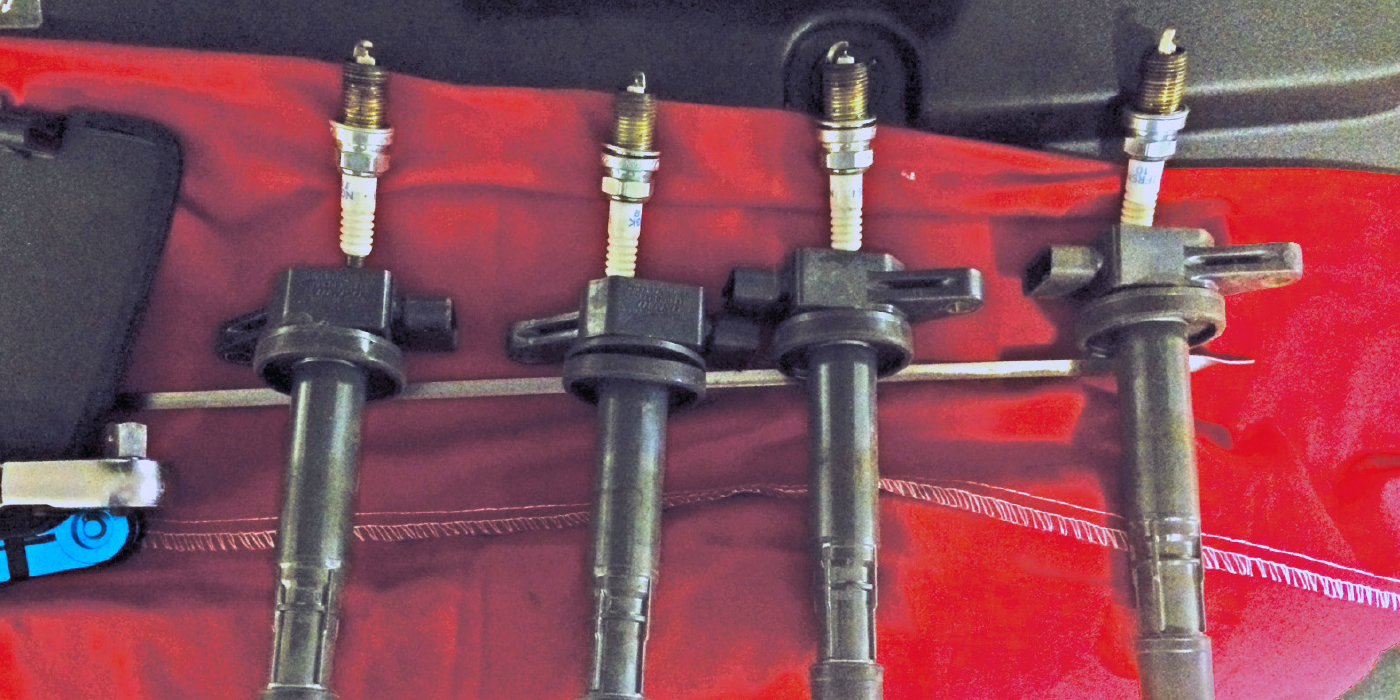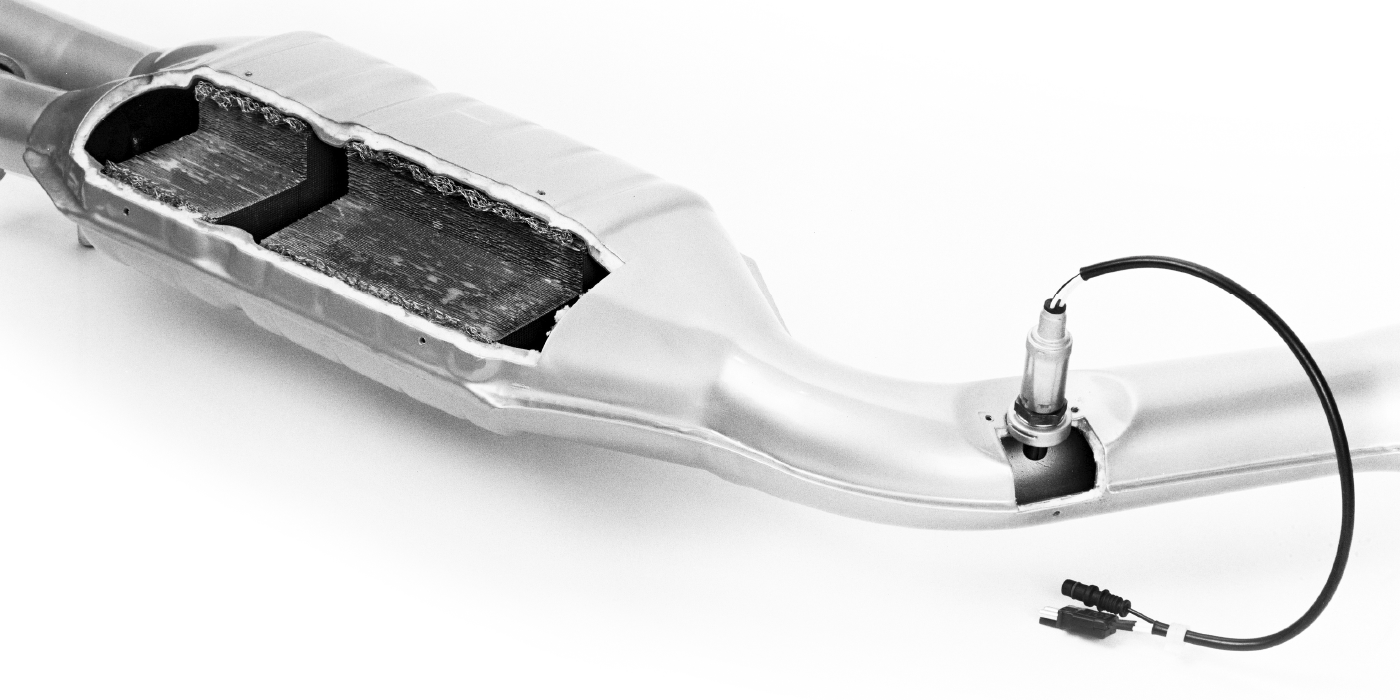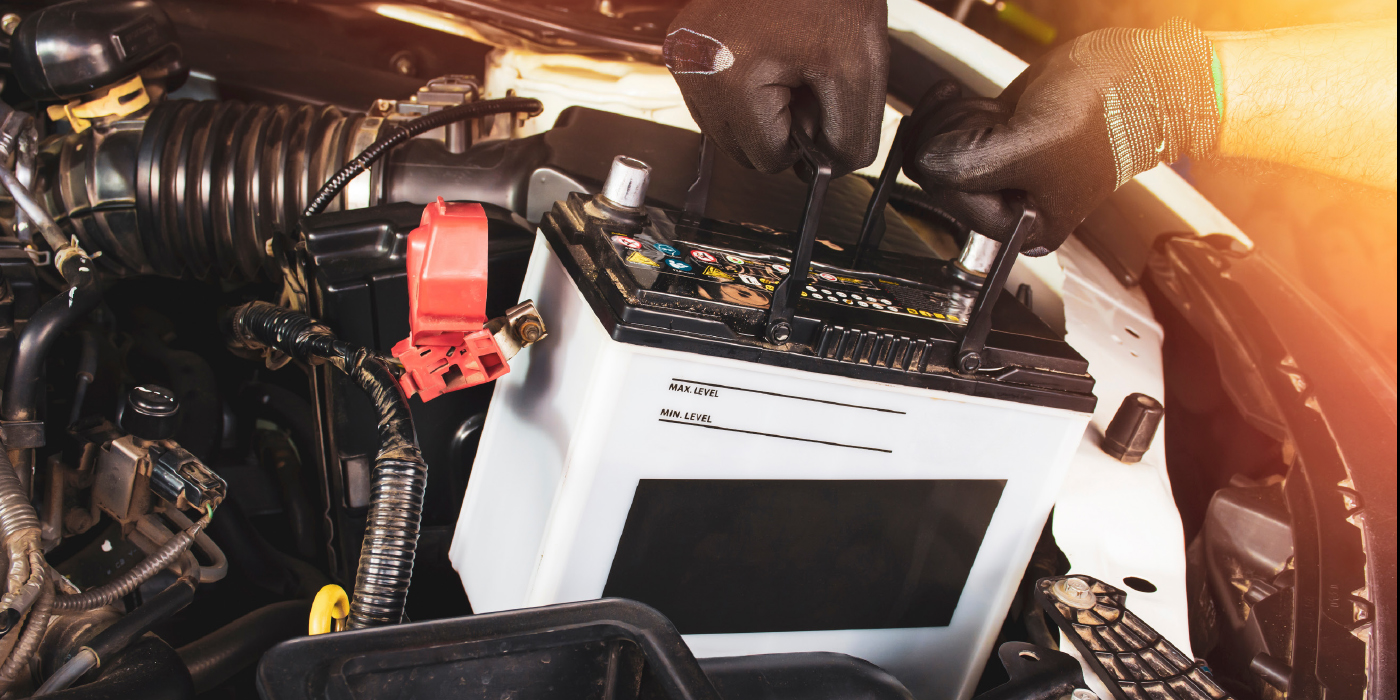Often driven by an “out of sight, out of mind” mentality, most consumers don’t think about purchasing cabin air filters. That’s why educating consumers on the benefits of cabin air filters can be a shop’s best sales pitch for selling these maintenance add-ons.
A recent survey found that 49% of cabin air filters are sold during the spring. Increased pollen counts, coupled with the benefits cabin air filters provide for allergy sufferers, makes for a fairly easy sell. One could argue, however, that winter is the more important season to replace a vehicle’s filter.
There are three major reasons to replace a cabin air filter in the winter:
1. Increased Particulate Emissions
As cars idle on cold winter mornings, the exhaust can pump out damaging emissions that are harmful to drivers’ respiratory systems. The most damaging component of tailpipe emissions are particulates. Vehicle emission particulates range in size from 2 microns to 10 microns in diameter, and can aggravate the lungs when inhaled.
A vehicle’s tailpipe particulate emissions are higher when the engine is cold. Scientists found particulate emissions increased exponentially as the temperature decreased, according to a Kansas City Light-Duty Vehicle Emissions Study. In fact, this study found that particulate emissions doubled for every 20° F temperature drop.
The one thing that can stop exhaust particulates from reaching vehicle occupants is a cabin air filter. Some cabin air filters can even stop particulates that are as small as 1 micron in diameter.
2. Defroster Performance
In the winter, the benefits of a clean air filter are easy to see. Clogged cabin air filters can restrict defroster performance, making it harder to see out the windshield. If a cabin air filter is clogged, it will create a restriction that will decrease the amount of hot air the blower can deliver to the windshield, which diminishes visibility and adds time that it takes to defrost the window.
3. Summer and Fall Can Be Brutal on Cabin Air Filters
Following months of battling heavy pollen, dust, leaves, bugs and other debris, winter is the perfect time to give a customer’s cabin air filter a fresh start.
This debris piles up, restricting airflow through the filter and causing heating and cooling problems. With no leaves, pollen or bugs to contend with over the next few months, replacing the cabin air filter in the winter will address heating problems immediately and help prevent cooling problems from cropping up once spring rolls around.



